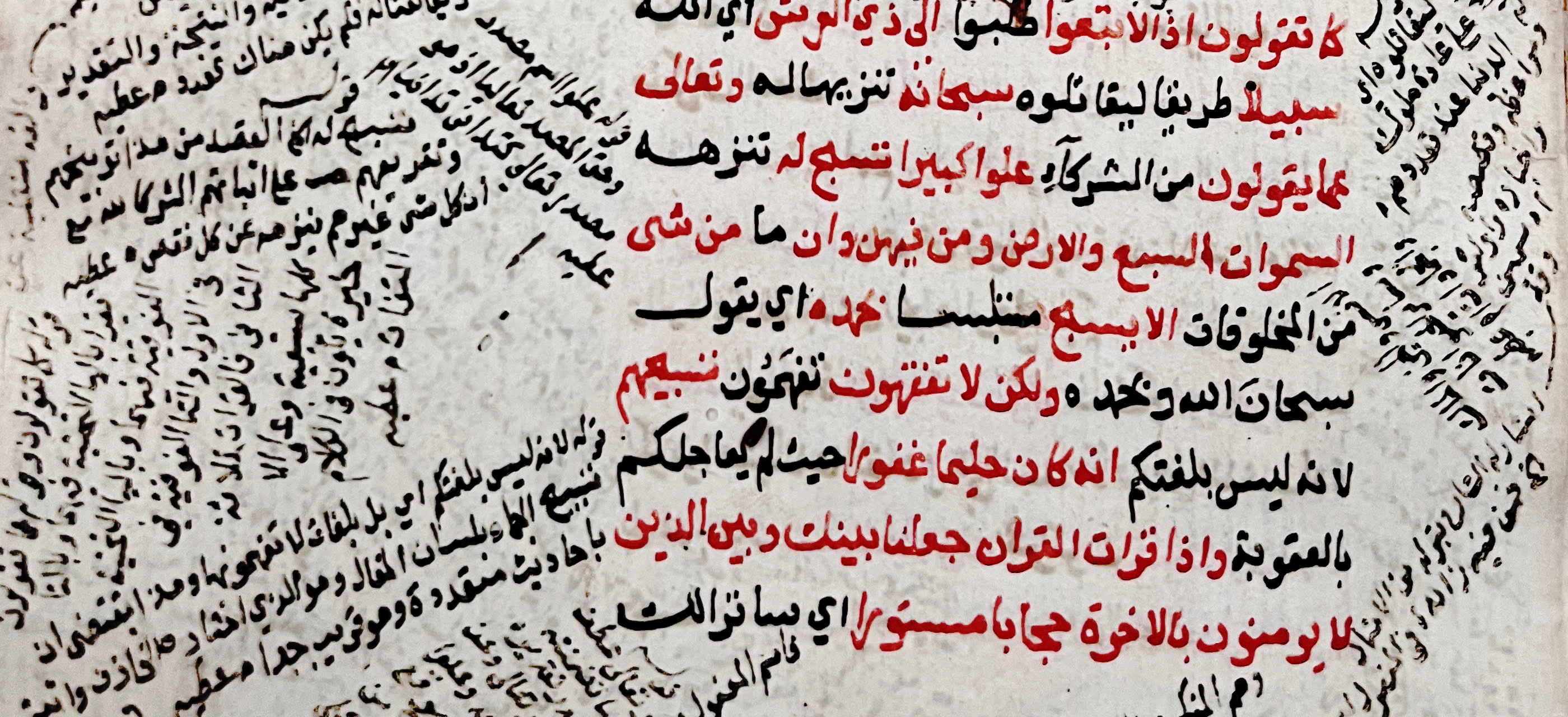On the Decks of Dhows: Musical Traditions of Oman and the Indian Ocean World
Contenu
- Titre
- On the Decks of Dhows: Musical Traditions of Oman and the Indian Ocean World
- Créateur
- Ulaby, Laith Voir tous les contenus avec cette valeur
- Date
- 2012
- Dans
- The World of Music Voir tous les contenus avec cette valeur
- Résumé
- This article situates the musical traditions of Oman in the broader context of the Arabian Peninsula and Indian Ocean. Trade, slavery, and pilgrimage prompted the creation of networks that extended across the Indian Ocean for hundreds of years and facilitated deep and lasting cultural exchanges. Oman has played an important role in these networks and this is deeply reflected in many of the local musical traditions. Since about the middle of the 20th century, countries in the Arabian Gulf (sometimes referred to as the GCC, Gulf Cooperation Council, plus Yemen) have made strides toward establishing independent nationalism in the contemporary race for unique identities; however, their histories, peoples, and musical traditions, particularly those of nomadic Bedouins and coastal seafaring populations, have overlapped for many centuries. I attempt to sketch out some comparisons, particularly in terms of performance practice, between Oman and the rest of the Gulf States with a focus on maritime music, the music that occurred "on the decks of dhows," the traditional sailing vessel of the Arabian Gulf. My theoretical grounding for this article engages with frameworks for cultural transmission and explores their relevance to the Gulf. By looking at historical accounts and previous scholarship, alongside ethnographic research, I describe some of the conduits for sharing musical influence with the broader Indian Ocean cultural space. Lastly, I critically examine some of the historiographies that have been created around these exchanges and their valence to the political economy of cultural heritage in the region.
- Langue
- eng
- volume
- 1
- numéro
- 2
- pages
- 43-62
- issn
- 0043-8774
- Titre abrégé
- On the Decks of Dhows
- Source
- JSTOR Voir tous les contenus avec cette valeur
Ulaby, Laith, “On the Decks of Dhows: Musical Traditions of Oman and the Indian Ocean World”, 2012, bibliographie, consulté le 21 décembre 2024, https://ibadica.org/s/bibliographie/item/1623
Position : 322 (38 vues)

